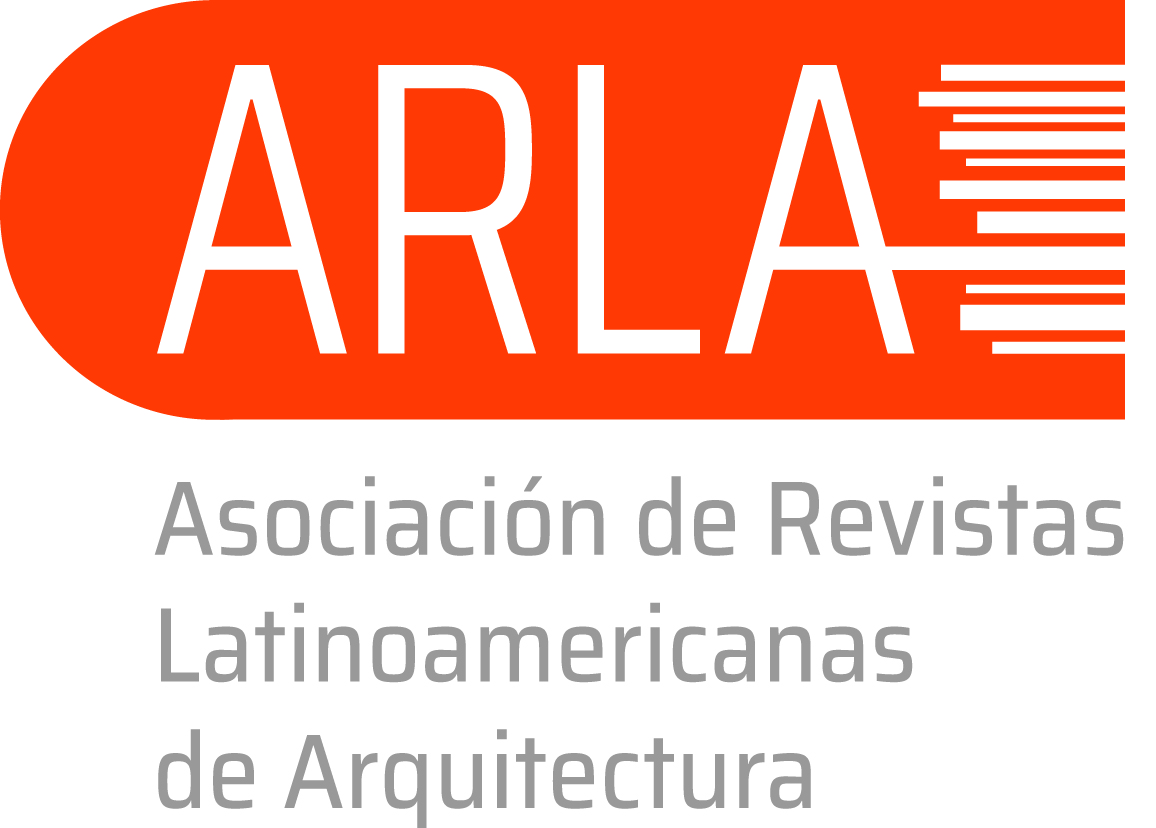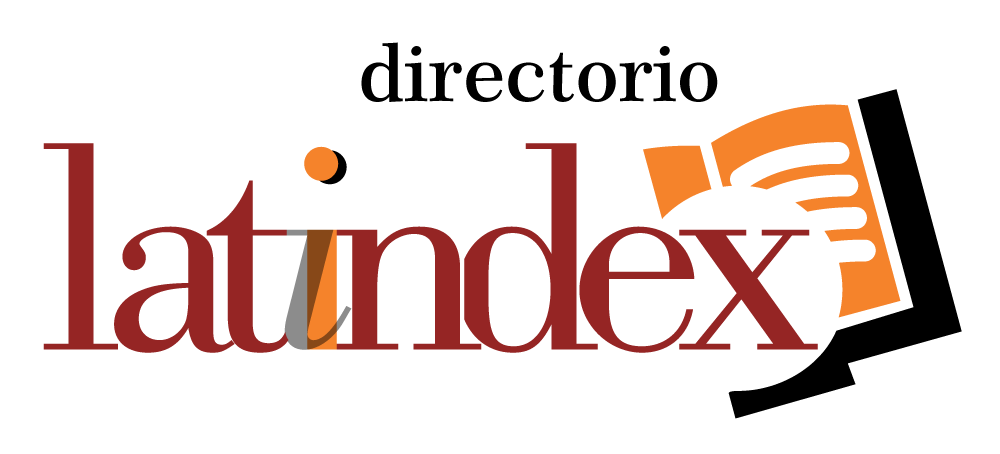Educational architecture and social transformation: Learning spaces in vulnerable urban contexts
DOI:
https://doi.org/10.56294/la2026290Keywords:
Educational architecture, Spatial justice, Pedagogical innovatio, Territory, Community participationAbstract
This article explores the role of educational architecture in social and territorial transformation in vulnerable urban contexts in Latin America (Piña and Acosta, 2024). Using a qualitative and interdisciplinary approach that articulates sociology, pedagogy, and spatial design, two case studies are analyzed: a public school in Comuna 13 of Medellín, Colombia, and a self-managed community education center in Greater Buenos Aires, Argentina. Through interviews, participant observation, and documentary analysis, the article examines how architectural design can foster innovative pedagogical practices, strengthen community ownership of space, and redefine stigmatized territories. The findings show that educational spaces, when conceived from a contextual, participatory, and open perspective, function as social devices that enable new ways of learning, living, and building citizenship. It is concluded that every architectural intervention in the educational field also constitutes a political and cultural intervention, and that design must be understood as a strategic tool for social and spatial justice.
References
Acosta DR, Torres ER. Redes Académicas: Impulso motivacional para docentes universitarios a través de entornos virtuales. Yachay-Revista Científico Cultural. 2024 Dec 27;13(2):113-23. https://doi.org/10.36881/yachay.v13i2.952
Acosta DR. Teaching models in digital environments: analysis of the PLAGCIS case. InSeminars in Medical Writing and Education 2023 (Vol. 2, p. 209). AG Editor (Argentina). https://doi.org/10.56294/mw2023209
Alvarado Mieles, M. E. (2025). Enseñanza de lectoescritura: propuesta del método global para fortalecer habilidades lingüísticas. Revista Multidisciplinaria Voces De América Y El Caribe, 2(1), 156-185. https://doi.org/10.69821/REMUVAC.v2i1.127
Barrett, P., Zhang, Y., Moffat, J., & Kobbacy, K. (2015). A holistic, multi-level analysis identifying the impact of classroom design on pupils’ learning. Building and Environment, 89, 118–133. https://doi.org/10.1016/j.buildenv.2015.02.013
Colón YD, Acosta DR. The metaverse in virtual education: towards a teacher training proposal based on immersive environments. Metaverse Basic and Applied Research. 2023;2:72. https://dialnet.unirioja.es/servlet/articulo?codigo=10125290
De la Cruz Fernández, M. A., Ruiz, G. ., & Cabrera Elejalde, O. R. . (2024). La educación en los valores, la identidad cultural y la integración familia-escuela-comunidad. Pedagogical Constellations, 3(2), 338-360. https://doi.org/10.69821/constellations.v3i2.65
Felizzola Medina, L. D. ., & León Pirela, A. R. . (2024). Modelo CT4.0 Desenchufado para maestros rurales. Pedagogical Constellations, 3(2), 381-400. https://doi.org/10.69821/constellations.v3i2.64
Foucault, M. (1977). Discipline and punish: The birth of the prison (A. Sheridan, Trans.). Pantheon Books. (Original work published 1975)
Freire, P. (1996). Pedagogía del oprimido (25ª ed.). Siglo XXI Editores.
Fuentes JR, Acosta DR. Tacit knowledge in the subject-educational object correlation. InSeminars in Medical Writing and Education 2022 (Vol. 1, p. 7). AG Editor (Argentina). https://doi.org/10.56294/mw202269
Gómez Loero, L. J. (2024). Una experiencia sistematizada: La inteligencia artificial, ¿aliada en la enseñanza o amenaza para el futuro?. Revista Multidisciplinaria Voces De América Y El Caribe, 1(1), 327-358. https://doi.org/10.69821/REMUVAC.v1i1.41
Haesbaert, R. (2011). El mito de la desterritorialización: Del “fin de los territorios” a la multiterritorialidad. Siglo XXI Editores.
Jirón, P. (2010). Imaginarios urbanos y prácticas espaciales: Una mirada desde la movilidad cotidiana. EURE (Santiago), 36(109), 5–16. https://doi.org/10.4067/S0250-71612010000300001
Lefaivre, L., & Tzonis, A. (2006). Architecture of regionalism in the age of globalization: Peaks and valleys in the flat world. Routledge.
Lefebvre, H. (1991). The production of space (D. Nicholson-Smith, Trans.). Blackwell. (Original work published 1974)
López, L. del C., Vásquez, D. H., & Rivera Castillo, N. L. . (2024). Educación en línea: roles, competencias y estrategias motivacionales de docentes universitarios. Revista Multidisciplinaria Voces De América Y El Caribe, 1(1), 154-180. https://doi.org/10.69821/REMUVAC.v1i1.21
Organisation for Economic Co-operation and Development (OECD). (2017). The OECD Handbook for Innovative Learning Environments. OECD Publishing. https://doi.org/10.1787/9789264277274-en
Ormaza Esmeraldas, E. del C., Nevárez Barberán, V. ., & Zambrano Molina, L. D. (2024). Desarrollo sostenible e intervención social y productiva en el sitio rural “Pajonal” del cantón Sucre, Ecuador. Revista Multidisciplinaria Voces De América Y El Caribe, 1(1), 244-261. https://doi.org/10.69821/REMUVAC.v1i1.30
Piña GC, Acosta DR. Artificial intelligence and the metaverse: New ways of learning at the university. Metaverse Basic and Applied Research. 2024;3(92):1. https://doi.org/10.56294/mr2024.92
Polanco Musse, R. H. ., Páez Suárez, V. ., & Taveras, R. A. . (2024). El proceso de enseñanza-aprendizaje de Fundamentos de la Educación: desafíos y oportunidades. Pedagogical Constellations, 3(2), 401-417. https://doi.org/10.69821/constellations.v3i2.47
Reyes, M., & Cárdenas Cepero, Y. L. . (2024). Preparación docente para la educación en valores: Reflexiones y estrategias desde la experiencia dominicana. Pedagogical Constellations, 3(2), 299-315. https://doi.org/10.69821/constellations.v3i2.62
Roman-Acosta D. Potential of artificial intelligence in textual cohesion, grammatical precision, and clarity in scientific writing. LatIA. 2024 Aug 25; 2:110-. https://doi.org/10.62486/latia2024110
Roman-Acosta D. Terminology in qualitative research methodology. Seminars in Medical Writing and Education [Internet]. 2024 Dec. 31 [cited 2025 May 21];3:655. https://mw.ageditor.ar/index.php/mw/article/view/655
Ruiz Muñoz, G. F. (2024). Metodología de investigación científica para el estudio de variables de aprendizaje en estudiantes. Revista Multidisciplinaria Voces De América Y El Caribe, 1(1), 380-406. https://doi.org/10.69821/REMUVAC.v1i1.29
Santos, B. de S. (2009). Una epistemología del sur: La reinvención del conocimiento y la emancipación social. CLACSO.
Published
Issue
Section
License
Copyright (c) 2026 Kenia González González, Alejandro Hernández Álvarez, Darlene Clavero Rodríguez, Yanerys Camejo Pérez (Author)

This work is licensed under a Creative Commons Attribution 4.0 International License.
The article is distributed under the Creative Commons Attribution 4.0 License. Unless otherwise stated, associated published material is distributed under the same licence.






